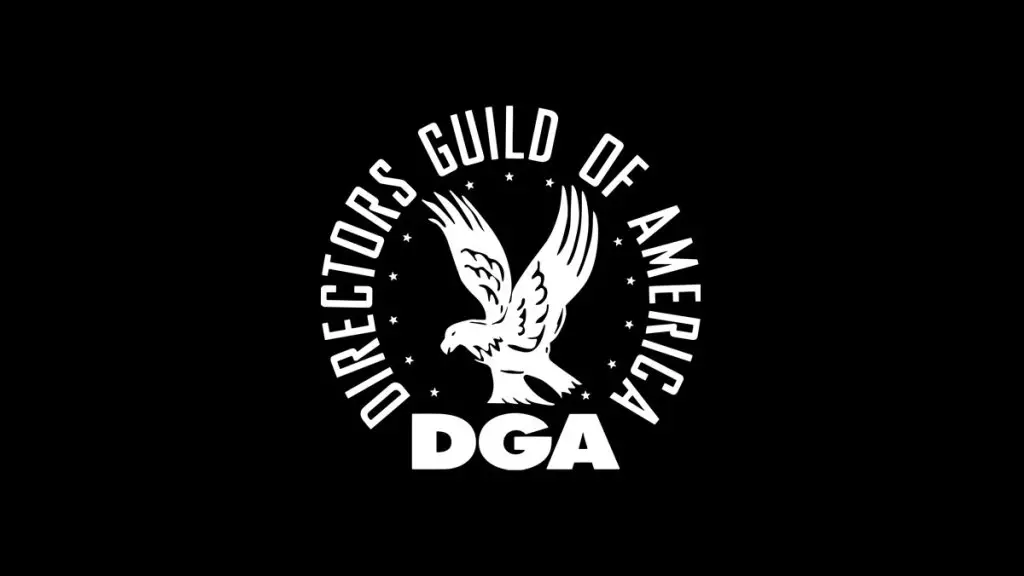The Directors Guild of America (DGA) has ratified a new film and television contract with an 87% vote in favor and 13% opposed. 6,728 members voted out of 16,321 eligible (41%), revealing a break from DGA tradition, which previously only stated that contracts were ratified “overwhelmingly”. The new agreement, which will allow every Director, Assistant Director, Unit Production Manager, Associate Director, and Stage Manager to share in the success of their creations, was deemed “truly historic” by DGA leaders.
DGA President Lesli Linka Glatter expressed pride in the new contract, which secures gains on wages, global streaming residuals, safety, diversity, and creative rights for all members and impacts every category of the Guild. The strength of the agreement is a testament to the hard work of the Negotiations Committee Chair Jon Avnet, Negotiations Co-chairs Karen Gaviola and Todd Holland, National Executive Director Russell Hollander, and the outstanding professional staff, according to Glatter.
Glatter acknowledged the ongoing writers’ strike and SAG-AFTRA’s contract talks and announced that the DGA stands united with writers, actors, and all crew members in their shared fight to move the industry forward. The DGA supports the actors who are in negotiations and the writers who remain on strike and promises to stand with the IATSE and Teamsters when they negotiate their agreement next year. The ultimate goal is to create a vibrant, sustainable industry that fairly values the creative work of everyone involved.
The DGA’s board, consisting of members such as Steven Spielberg, Christopher Nolan, President Lesli Linka Glatter, 2nd Vice President Ron Howard, and 5th Vice President Ava DuVernay, unanimously recommended ratification.
The DGA reached a tentative agreement with the Alliance of Motion Picture and Television Producers on June 3, 33 days into the Writers Guild’s ongoing strike, which is now in its 53rd day. During the WGA’s last strike in 2007-08, the DGA reached an agreement with the AMPTP on the 74th day of the WGA strike, forcing the WGA to settle for similar terms 26 days later. The WGA has stated that won’t happen this time and that its bargaining positions “remain the same” regardless of the terms achieved by the DGA.
DGA leaders have called their new agreement “truly historic,” noting that it includes significant wage increases, a 76% increase in foreign residuals for the largest platforms, and curbs on the use of artificial intelligence in filmmaking.
The new agreement includes groundbreaking gains in wages and benefits, with a 5% increase in the first year of the contract, 4% in the second year, and 3.5% in the third year. An additional 0.5% will fund a new parental leave benefit. The deal secures a substantial increase in the residuals for dramatic programs made for SVOD by paying foreign residuals. The result is a 76% increase in foreign residuals for the largest platforms, with residuals for a one-hour episode of about $90,000 for the first three exhibition years.
The new agreement confirms that AI is not a person and that generative AI cannot replace the duties performed by members. For the first time, the industry’s first-ever terms and conditions for directors and their teams on non-dramatic (Variety and Reality) programs made for SVOD are established, with improved residuals, along with Associate Directors and Stage Managers sharing in the residuals. The industry’s first-ever terms, creative rights protections, working conditions, and residuals for scripted dramatic projects made for free to the consumer streaming services such as Freevee, Tubi, and Roku are also achieved. Unit Production Managers and Assistant Directors will share in the residuals.
Feature Directors will receive compensation for the months of “soft prep” they currently perform for free before the start of the director’s official prep period. For Pay TV and SVOD, Episodic Directors will have expanded paid post-production creative rights and gain an additional guaranteed shoot day for one-hour programs – the first additional day added in over 40 years.
Other achievements include an unprecedented reduction in the length of the Assistant Director’s day by one hour, concrete safety advancements, and the first-ever pilot program to require the employment of dedicated safety supervisors. Expanded safety training programs for both directors and their teams and the ban of live ammunition on set are also achieved. The agreement also increases studio transparency in residuals reporting, improves diversity and inclusion, and adds Juneteenth as a paid holiday, among “many other gains for all categories,” according to the DGA.

